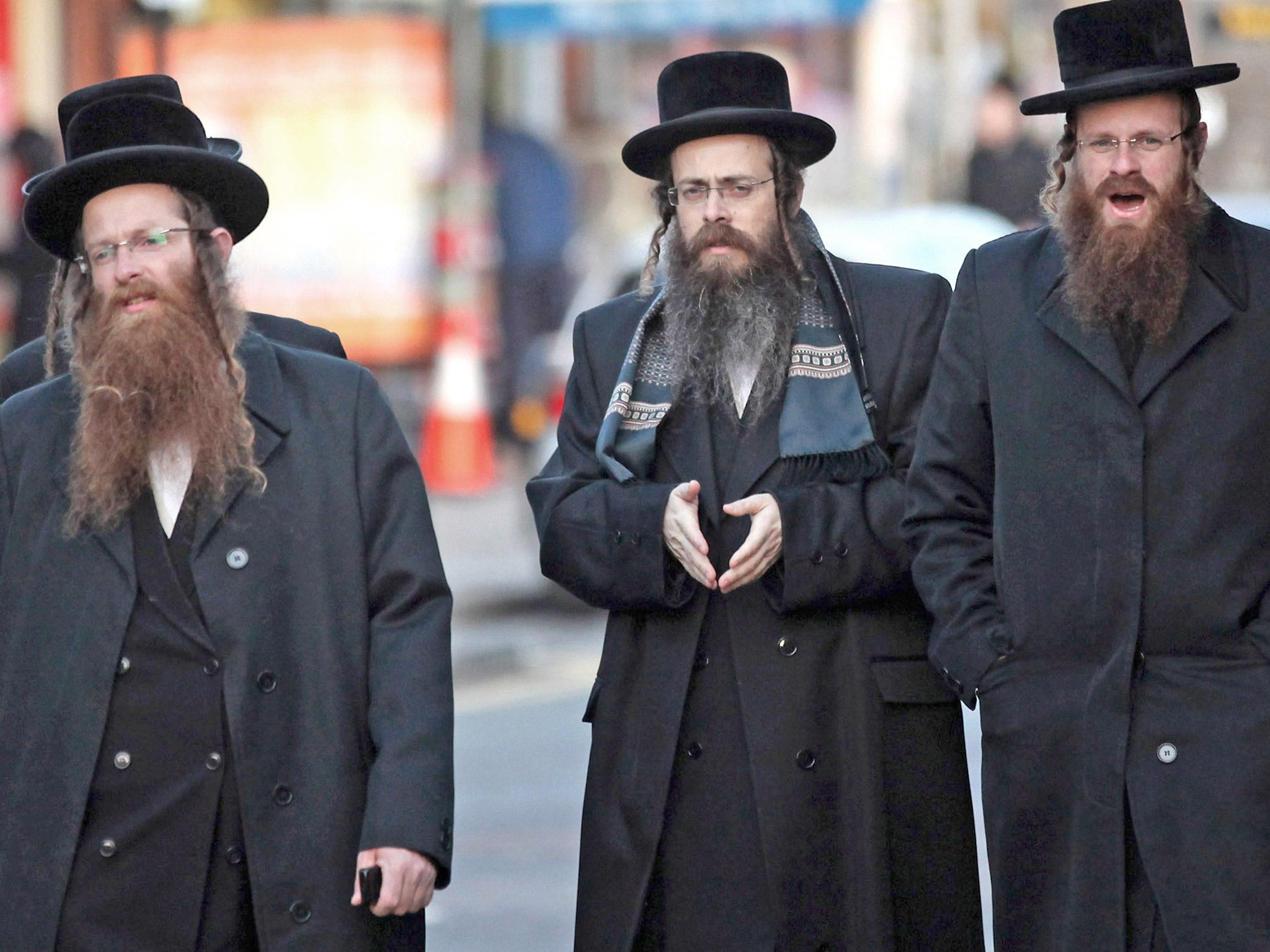Census data shows rise in people calling themselves Jewish

After decades in which the number of Anglo-Jews was perceived to be in decline, the latest census figures shows a modest rise in those describing themselves as Jewish.
The rise from 259,927 in the 2001 census to the figure of 263,346 disclosed this month in figures from the 2011 count is largely put down to strong growth in Britain’s ultra-Orthodox community in areas including Salford, Gateshead and the London borough of Hackney.
Just as the Church of England is facing a struggle for relevance over issues such as gay marriage and declining congregations, so the Orthodox United Synagogue which will be headed by Rabbi Mirvis will have to deal with internal debates about issues including gender and conversion.
One of the challenges faced by the new chief rabbi will be the London Beth Din or religious court which critics say is controlled by rigidly ultra-Orthodox judges whose strict rulings on matters such as divorce and marriage went unchallenged by his predecessor, Lord Jonathan Sacks.
As chief rabbi, he heads the largest single segment of British Jewry but, unlike Lord Sacks, Rabbi Mirvis is less likely to be accepted unquestioningly as the figurehead for all Anglo-Jews.
As well as a growing ultra-Orthodox community with its own rabbis and structures, the liberal and reform movements have growing influence both within the Jewish community and in wider society.
Join our commenting forum
Join thought-provoking conversations, follow other Independent readers and see their replies
Comments
Bookmark popover
Removed from bookmarks